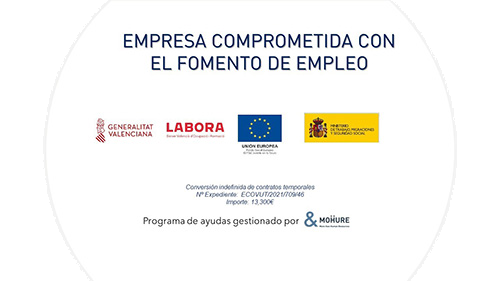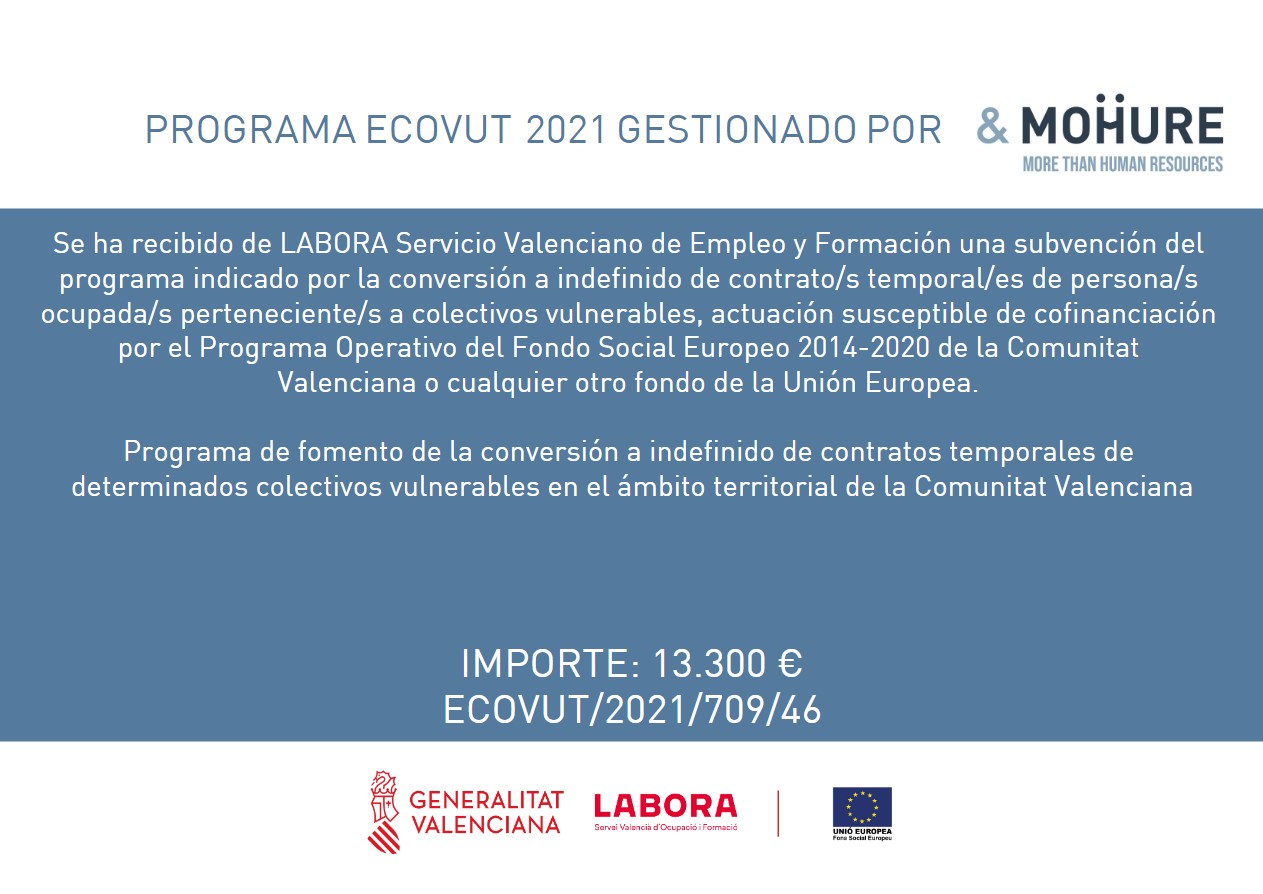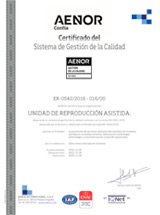Vaccines are one of the greatest scientific advances of Humanity and have made it possible to prevent diseases that used to cause millions of deaths every year worldwide. The SARS-CoV-2 coronavirus is, generally speaking, a mild illness in young and pregnant people. However, in some cases, it can produce serious complications.
The recent availability of vaccines against COVID-19 has created much expectation in the general population. However, in women seeking pregnancy and in pregnant or lactating women, there are still some unknowns.
The Pfizer-Biontech and Moderna vaccines are not made up of inactivated viruses, but instead these use messenger RNA technologies to provide immunity against the virus that causes COVID-19 disease. Messenger RNA vaccines “teach” our cells to produce a protein that triggers an immune response inside our body, thus generating antibodies that protect us from contagion. The RNA can never be integrated into the DNA and therefore could not have effects on either the mother or the foetus. It is important to specify that this is impossible.
The rest of the vaccines use a “viral vector”. They put information about the coronavirus in the shell of another one which is harmless (called adenovirus) so that proteins are produced and the immune response is generated; to this group belong Oxford-AstraZeneca and Sputnik V from Russia.
Professional assessment
The primary concern of experts at UR International Group’s units of reproduction is the health and wellbeing of our patients and their future babies and we want to offer security in relation to the COVID-19 vaccination. Our standpoint goes together with the Spanish scientific societies ASEBIR (Association for the Study of the Biology of Reproduction) and SEF (Spanish Fertility Society).
Given that the vaccination schedule for women of childbearing age is not fully defined, ASEBIR / SEF considers that it is not justified to postpone desire of a gestation or the start of an assisted reproduction study or treatment, including gamete donations.
In the event that a patient decides to be vaccinated during an assisted reproduction treatment, ASEBIR / SEF recommends, as a precautionary measure and as recommended by the Ministry of Health, postponing the insemination or embryo transfer two weeks after the administration of the second dose.
It is not considered necessary to interrupt the study process, the ovarian stimulation, the gametes collection, or the embryos obtaining. At present, there are no scientific arguments that establish limitations for patients who wish to become pregnant and receive the vaccine.











